
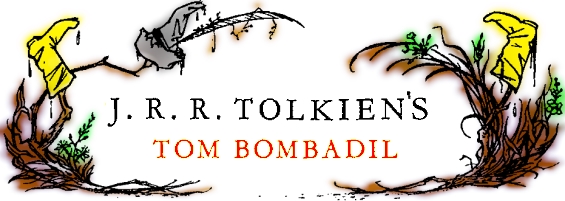
 The SFFaudio Podcast #273 – Jesse, Seth, Mr Jim Moon, and Cory Olsen (The Tolkien Professor) talk about J.R.R. Tolkien’s character Tom Bombadil – as he appears in The Lord Of The Rings and The Adventures Of Tom Bombadil.
The SFFaudio Podcast #273 – Jesse, Seth, Mr Jim Moon, and Cory Olsen (The Tolkien Professor) talk about J.R.R. Tolkien’s character Tom Bombadil – as he appears in The Lord Of The Rings and The Adventures Of Tom Bombadil.
Talked about on today’s show:
Tom Bombadil as a character spans Tolkien’s literary career; “The Adventures of Tom Bombadil” written early but revised later, while “Bombadil Goes a-Boating” post-dates The Lord of the Rings; comparing the different stages of Tom Bombadil; not the same Tom from “The Stone Troll” poem; Pauline Baynes as illustrator of Tolkien’s and C.S. Lewis’s works; Tolkien changing up song order in The Lord of the Rings; Tolkien’s recording of the troll song (see video below); “Princess Mee”; Tom’s imperviousness to rain is his only outwardly magical quality; “Tom Bombadil doesn’t fit”; Tom’s exclusion from the films was a good thing; Tom’s prose resembles his poetry; no one knows what to make of Tom Bombadil; is Goldberry dying?; The Little Mermaid; the Hades and Persephone myth; more on Tom’s contradictions; Goldberry tied to the land; Tom and Goldberry are childless; Babylon 5; Tom Bombadil’s place (or lack thereof) in Tolkien’s cosmology; the cats of Queen Berúthiel; “a story is better with some mysteries”; Tolkien’s poetry is wildly experimental in terms of meter; Tom’s trochaic meter; Väinamöinen in Finnish Kalevala myth cycle as influence for Tom Bombadil; on Tom Bombadil’s career; similarities between Tom Bombadil and Bjorn as opportunities for rest in the respective plots; derivative fantasy neglects these important rest stops; “yellow cream and honeycomb, white bread and butter” was served at Tom and Doldberry’s wedding feast; the importance of landscape and description in Tolkien’s work; dreams; Valinor is not Westerns, thankfully; no barrows in the films, sorry Jesse; Mr. Jim Moon’s podcast on wights; Old/Middle English’s many words for “man”; Sir Gawain and the Green Knight; oral transmission of stories; Lord of the Rings would not have been publishable in today’s climate; Frodo’s relationship to the ring; Tom Bombadil and gravitas do not go together; Tom Bombadil’s D&D alignment is “flowers”, followed by “true neutral” as a close second; on the necessity of choosing sides; why don’t the hobbits call on Tom later?; Corey suggests The Tolkien Reader for further reading.
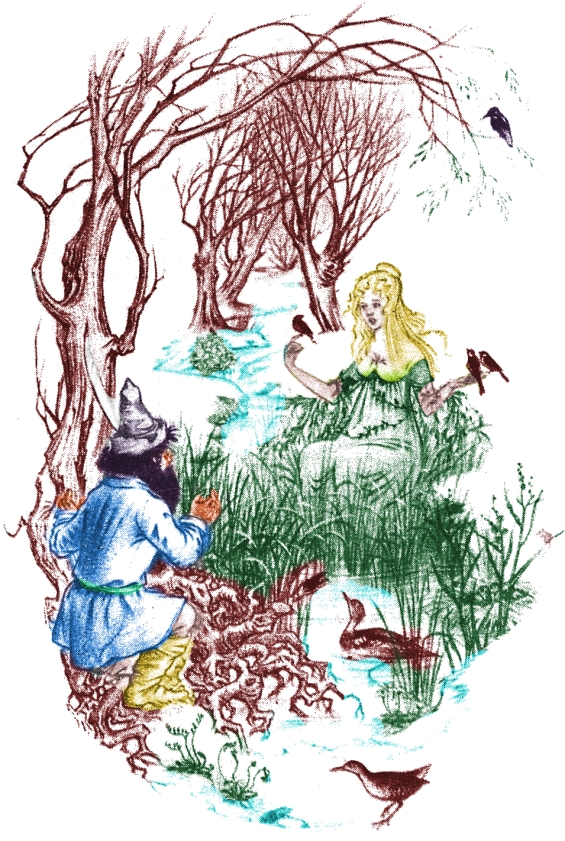
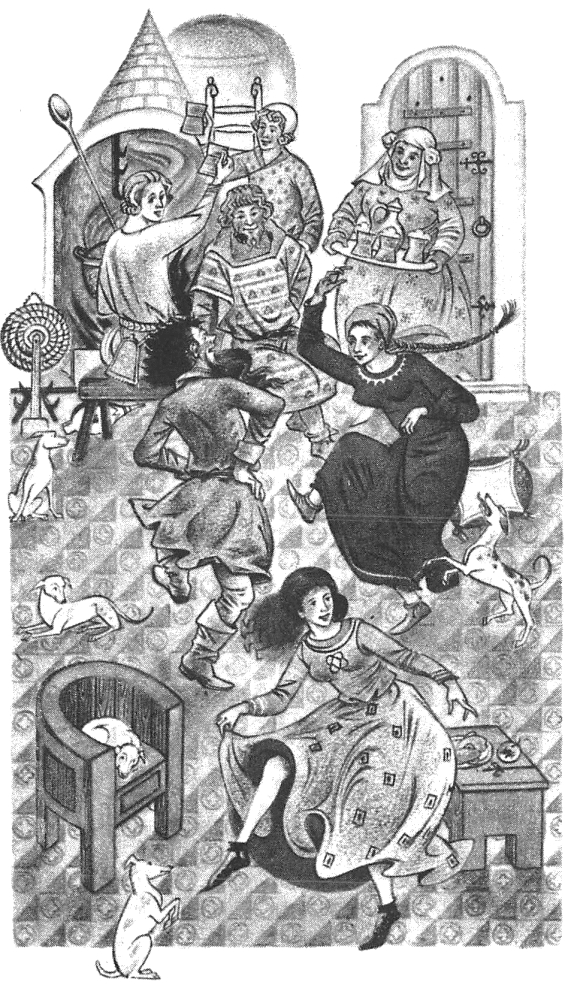
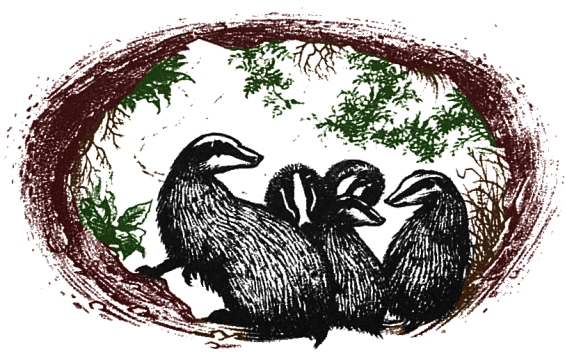
Posted by Jesse Willis


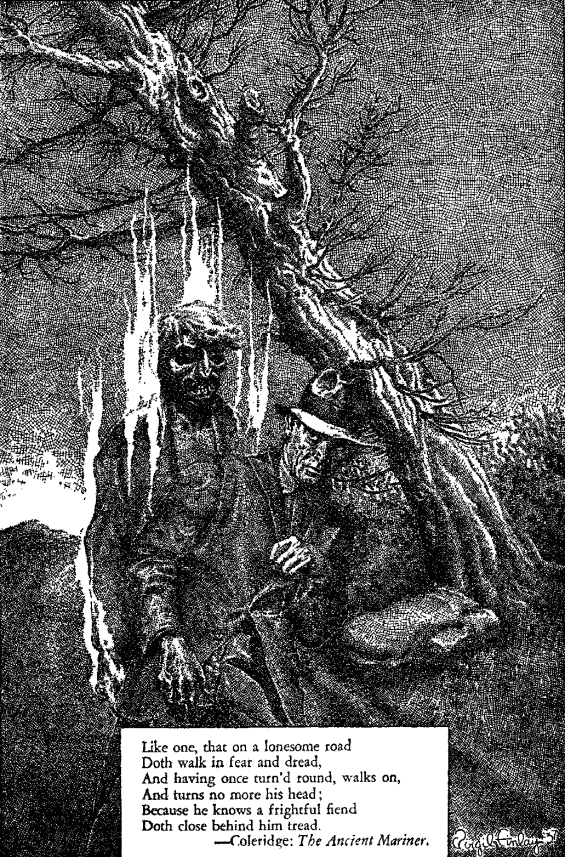
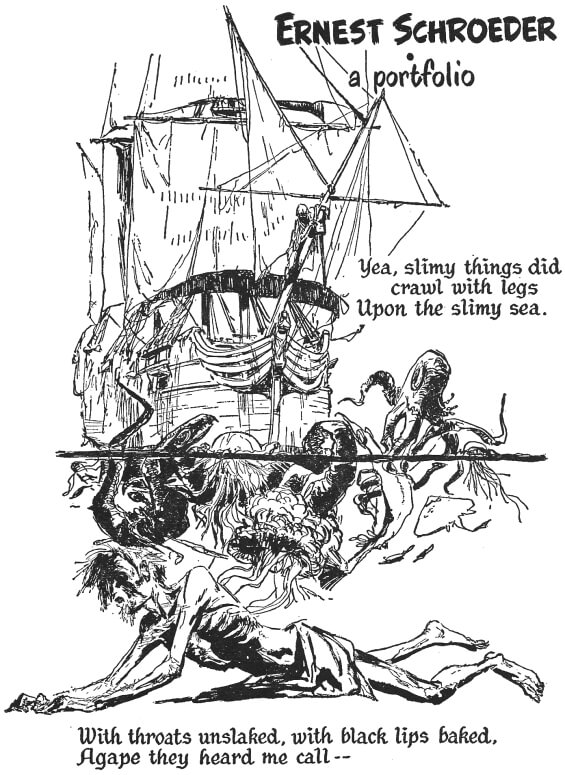
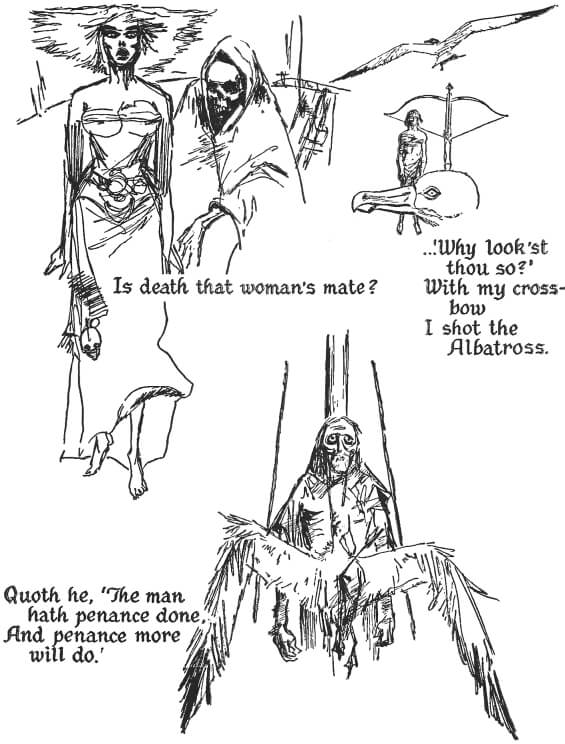
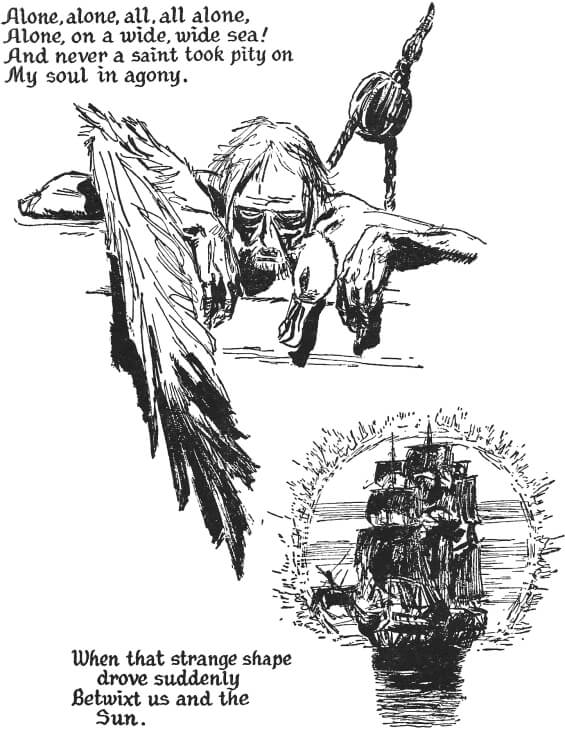
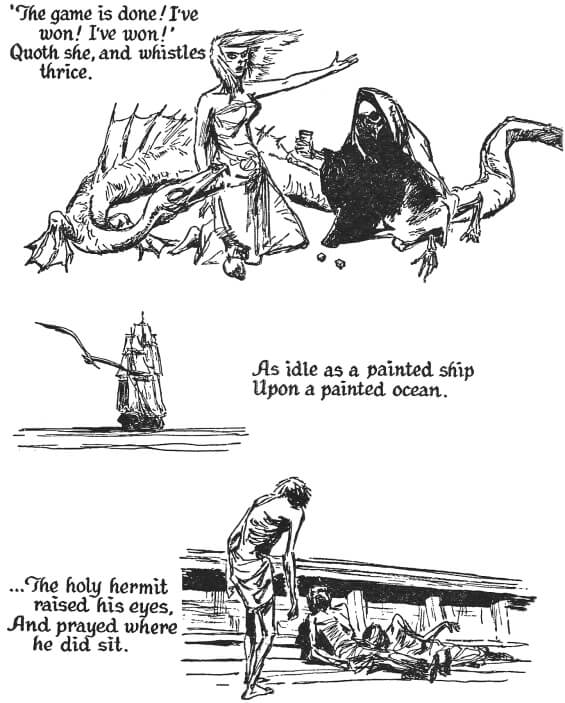
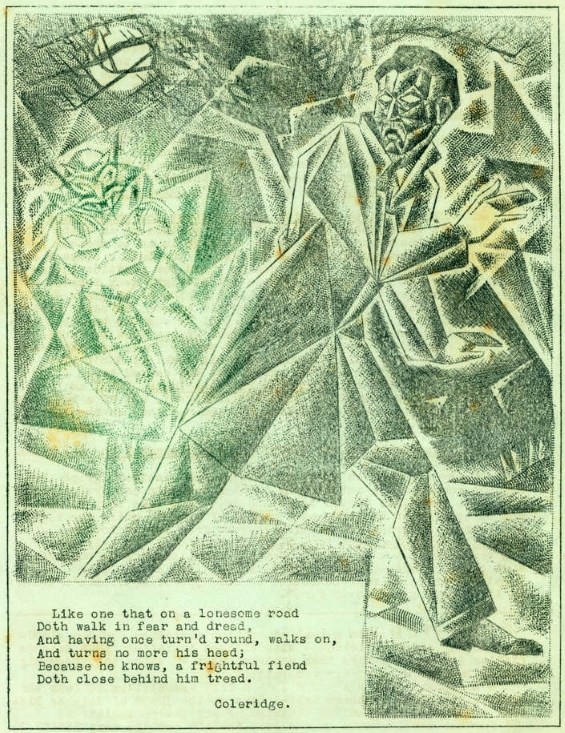
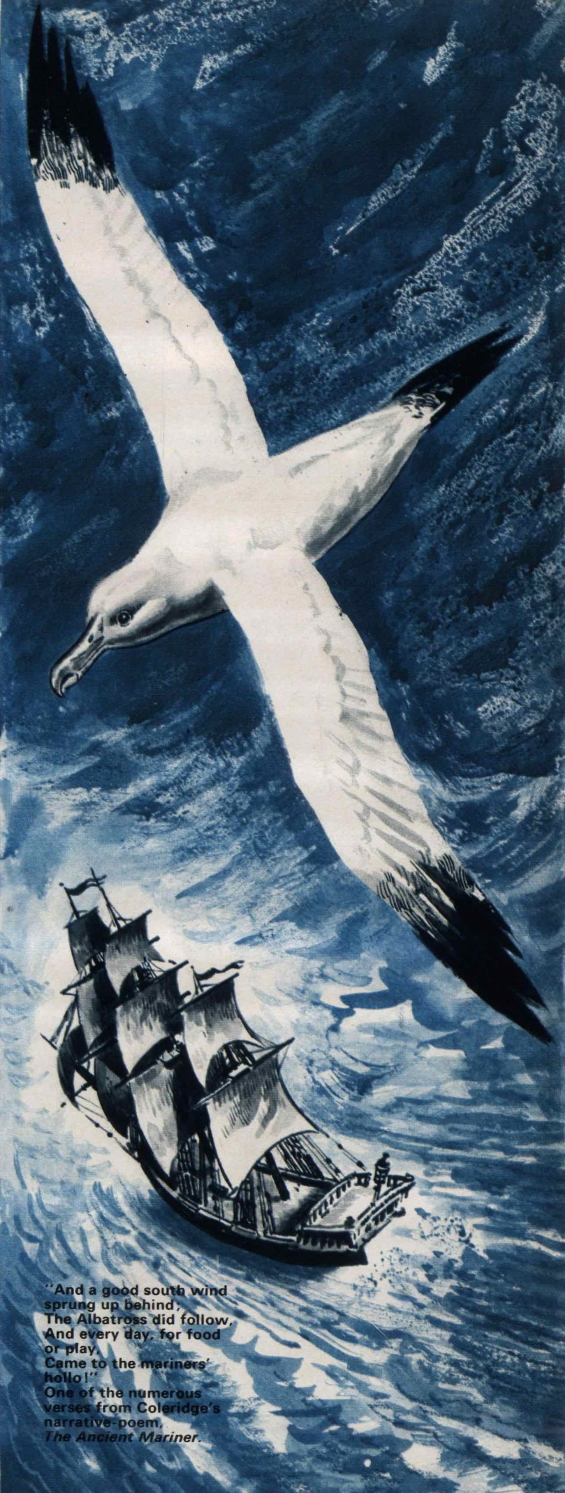
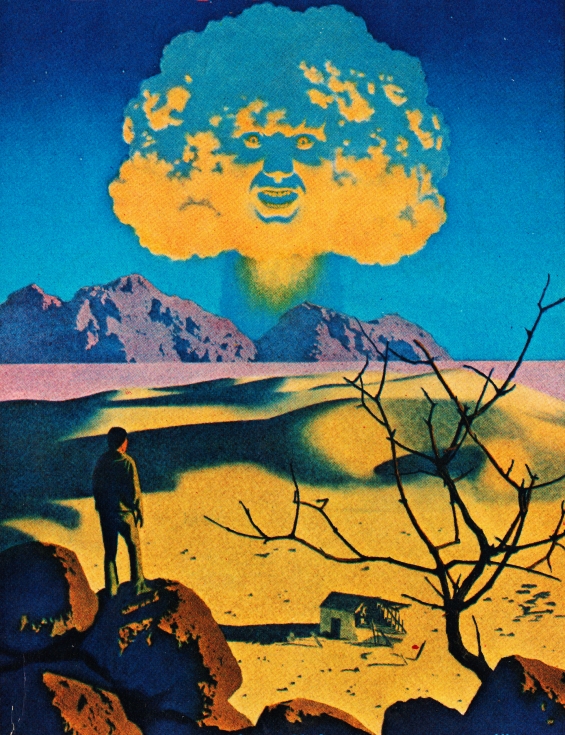
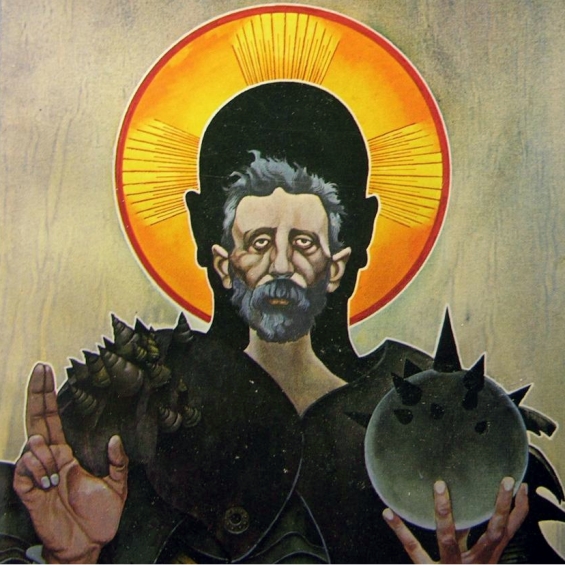
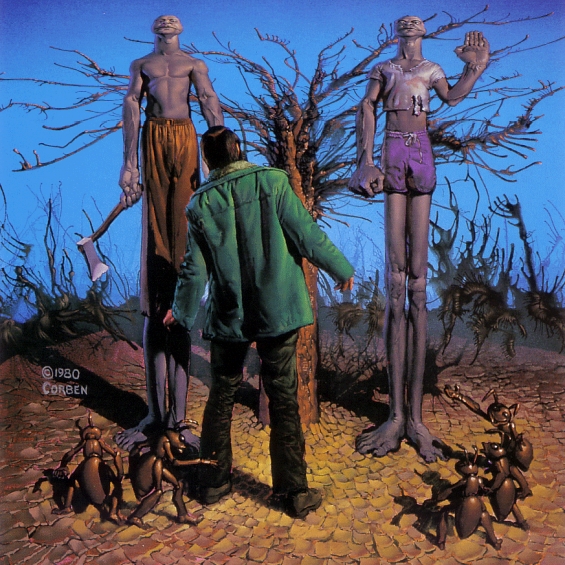
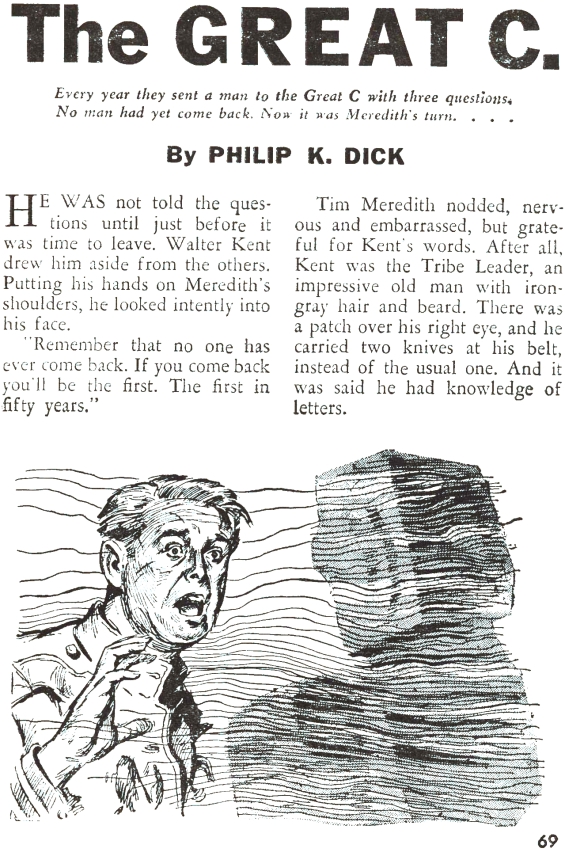
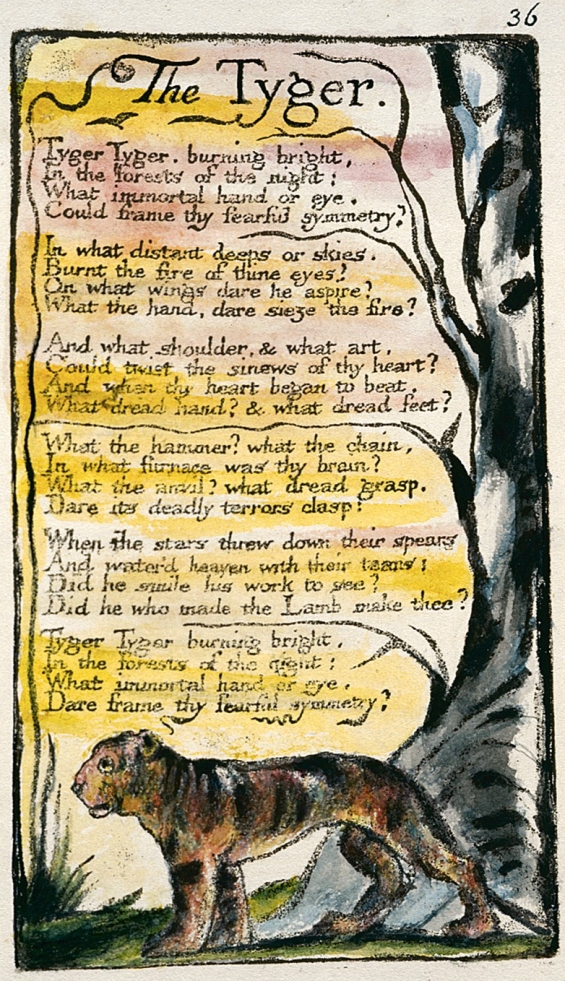
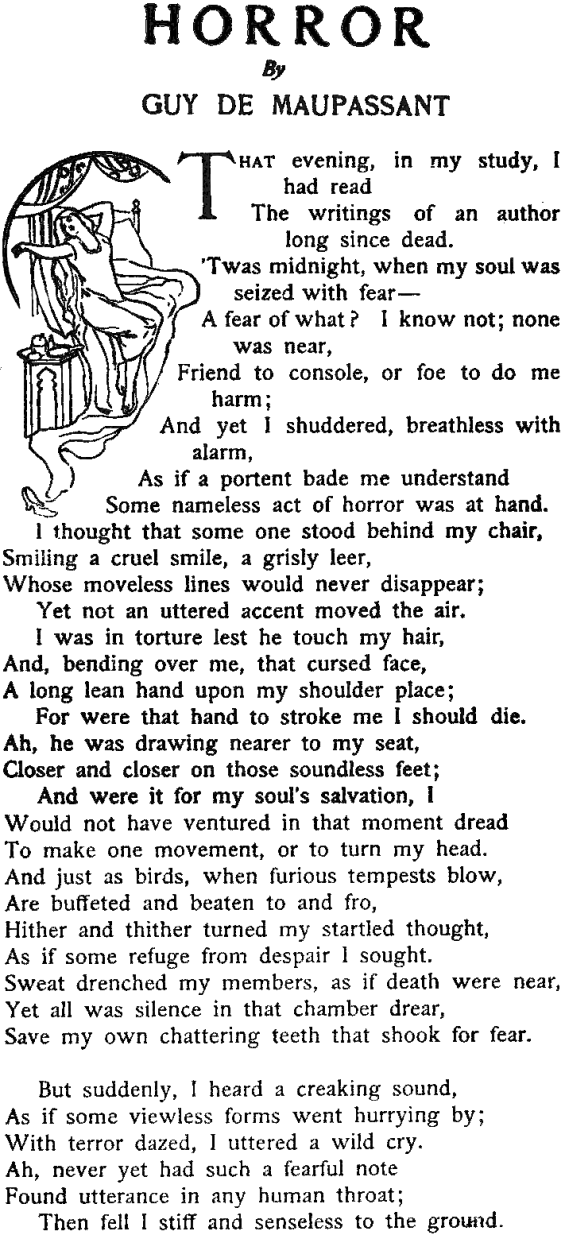

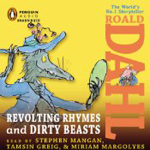 Revolting Rhymes and Dirty Beasts
Revolting Rhymes and Dirty Beasts